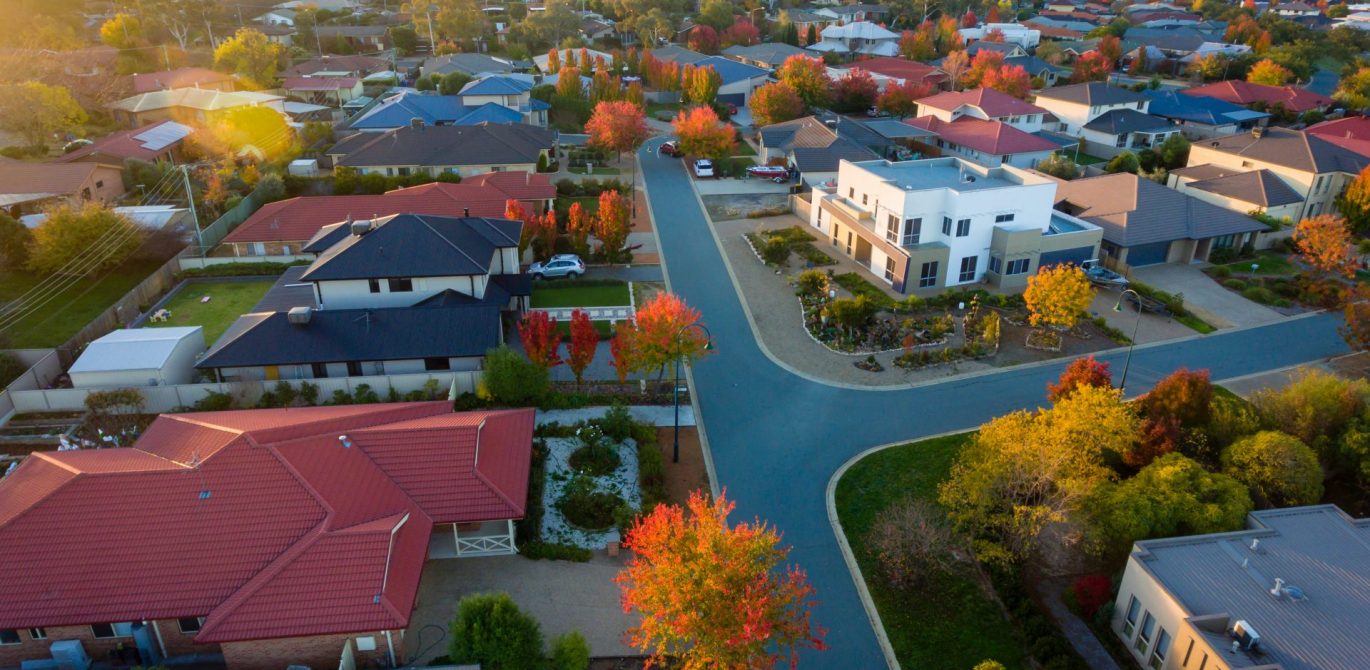When you’re buying a property to rent out, your primary concern should be whether or not it will appeal to the right tenants. That means giving serious consideration to location, proximity to amenities, the size and condition of the property and of course the asking price. But there’s one more consideration which is growing in importance for Australian families: school catchment zones.
What is a catchment zone?
Gone are the days when parents could enrol their children wherever they desired: in the majority of cities, ‘desirable’ schools strictly enforce their catchment zones. A catchment zone is the geographical area around a school in which its core intake of students live. The zone may be bigger or smaller depending on the school’s capacity and the density of the surrounding area, and some schools do not enforce a catchment zone at all.
In some States and Territories they’re known as catchment areas, or priority enrolment areas, but the principle remains the same. The system is designed so that every child has access to their local school.
How does it affect your investment?
Schools are increasingly aware of the fierce competition to gain access, and most who enforce a catchment zone also require solid proof of residence. That might be a certificate of title or a signed lease. Parents who live outside the zone can apply for enrolment, but are not guaranteed it and will only be granted access if the school is under capacity from within the zone.
Parents who can’t afford to buy within the zone themselves may choose to rent out their own house and live in a rental property in order to get their kids into their school of choice. In some competitive areas, schools enrol the students who have lived in the area the longest first, working backwards to new comers, so parents are likely to take out a long rather than short term lease.
That means that you can sometimes command a rental premium by buying a house that falls within the catchment zone of a desirable school. You’ll also guarantee that there is demand for the property, as these ones get snapped up first.
If that’s not convincing enough, there’s good evidence to show that houses near good primary schools experience strong capital growth compared to nearby suburbs that fall outside the zone, so you’ll make a healthy profit should you come to sell it down the track.
Where and what should you buy?
You can find out which catchment zone a property is in via the local government website.
Sometimes, catchment zones end part way along a street or contain one side of the road but not the other, so be careful that the house you’re looking at is within that boundary. Be aware, also, that catchment zones are redrawn from time to time to take into account changing demand. A high density development near a school might increase the number of students trying to enrol, for example, and the catchment zone may shrink to compensate.
If you are buying a house designed to appeal to families, therefore, it’s best to try and avoid buying too close to the boundary of the zone, which makes you vulnerable to those redistributions.
Also, keep in mind that buying within school zones will benefit you more if you’re buying a property aimed at families. A couple with young children, starting to look at primary schools, isn’t going to want to rent a one bedroom apartment or a house on a dangerous road. Maximise your rental appeal by looking for something with space inside and out, near shops and other amenities.
